How to tell if a home has bad Feng Shui, from a professional
H&G's Feng Shui expert reveals the signs your home has good or bad Feng Shui

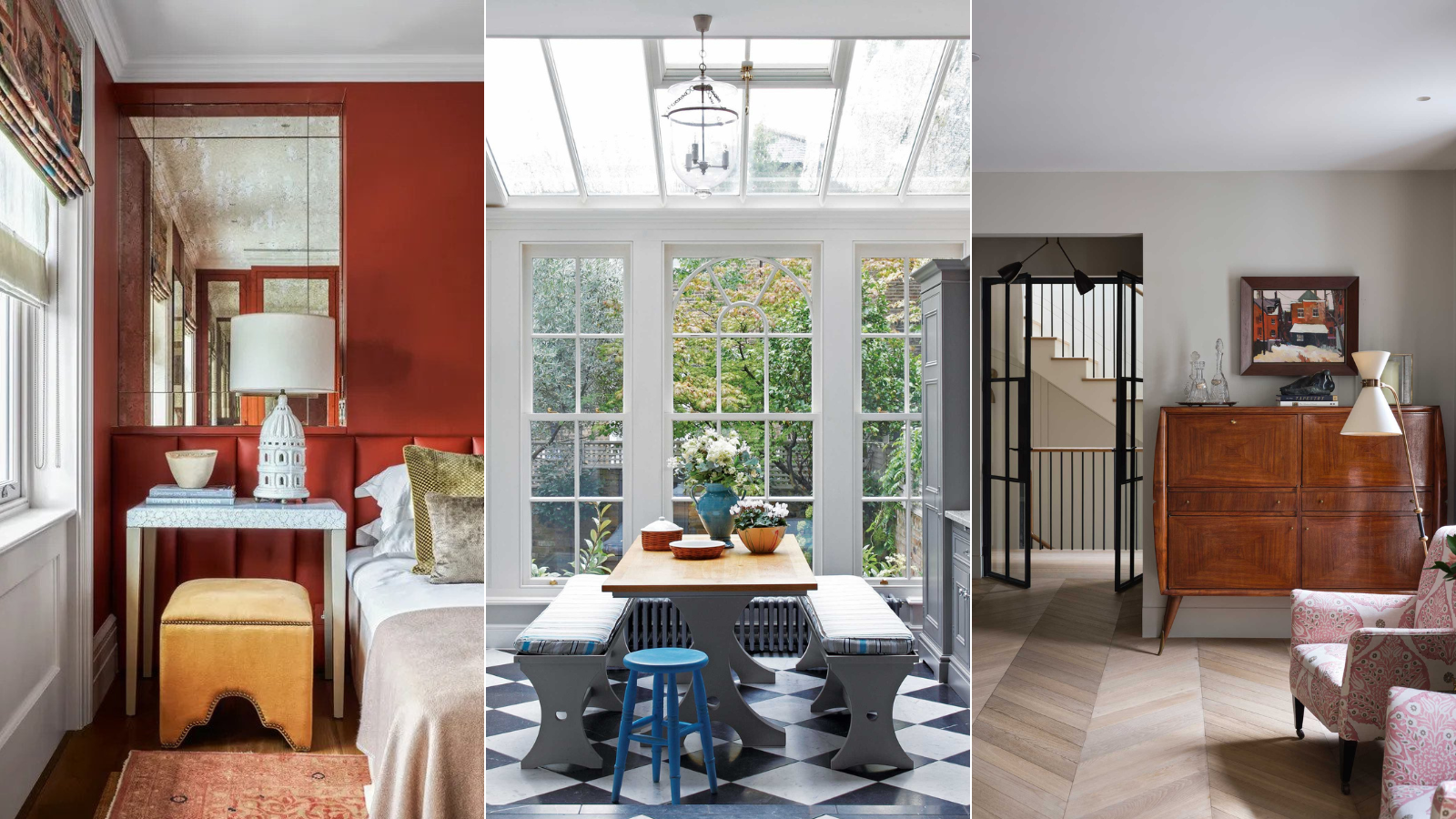
Design expertise in your inbox – from inspiring decorating ideas and beautiful celebrity homes to practical gardening advice and shopping round-ups.
You are now subscribed
Your newsletter sign-up was successful
Want to add more newsletters?

Twice a week
Homes&Gardens
The ultimate interior design resource from the world's leading experts - discover inspiring decorating ideas, color scheming know-how, garden inspiration and shopping expertise.

Once a week
In The Loop from Next In Design
Members of the Next in Design Circle will receive In the Loop, our weekly email filled with trade news, names to know and spotlight moments. Together we’re building a brighter design future.

Twice a week
Cucina
Whether you’re passionate about hosting exquisite dinners, experimenting with culinary trends, or perfecting your kitchen's design with timeless elegance and innovative functionality, this newsletter is here to inspire
The first thing to say is that when it comes to Feng Shui and homes, size does not matter. The largest, most expensive, glamourous superstar homes touted as ‘billionaire homes’ on Instagram can have terrible Feng Shui.
How to tell if a home has bad Feng Shui
Feng Shui has been used in China and the Far East for over 6,000 years to invite success, abundance, healthy relationships, and blessings into a building. It became widely known in the 1970s and 80s in a very simple DIY form that used the front door to dictate ‘lucky areas’ within a home. For the last ten years or so, those in the know have activated positive vibes in their homes using the more traditional and potent compass version of Feng Shui, which is bespoke to each home and incorporates remedies based on the five elements of Earth, Fire, Water, Wood and Metal.
Homes with good Feng Shui can command higher prices when they come onto the property market, and on Australia’s Gold Coast, record-breaking prices have been paid for residences regarded as highly auspicious. This is also starting to happen in a low-key way in the UK and USA with some realtors and estate agents emphasizing good Feng Shui in promotional materials.
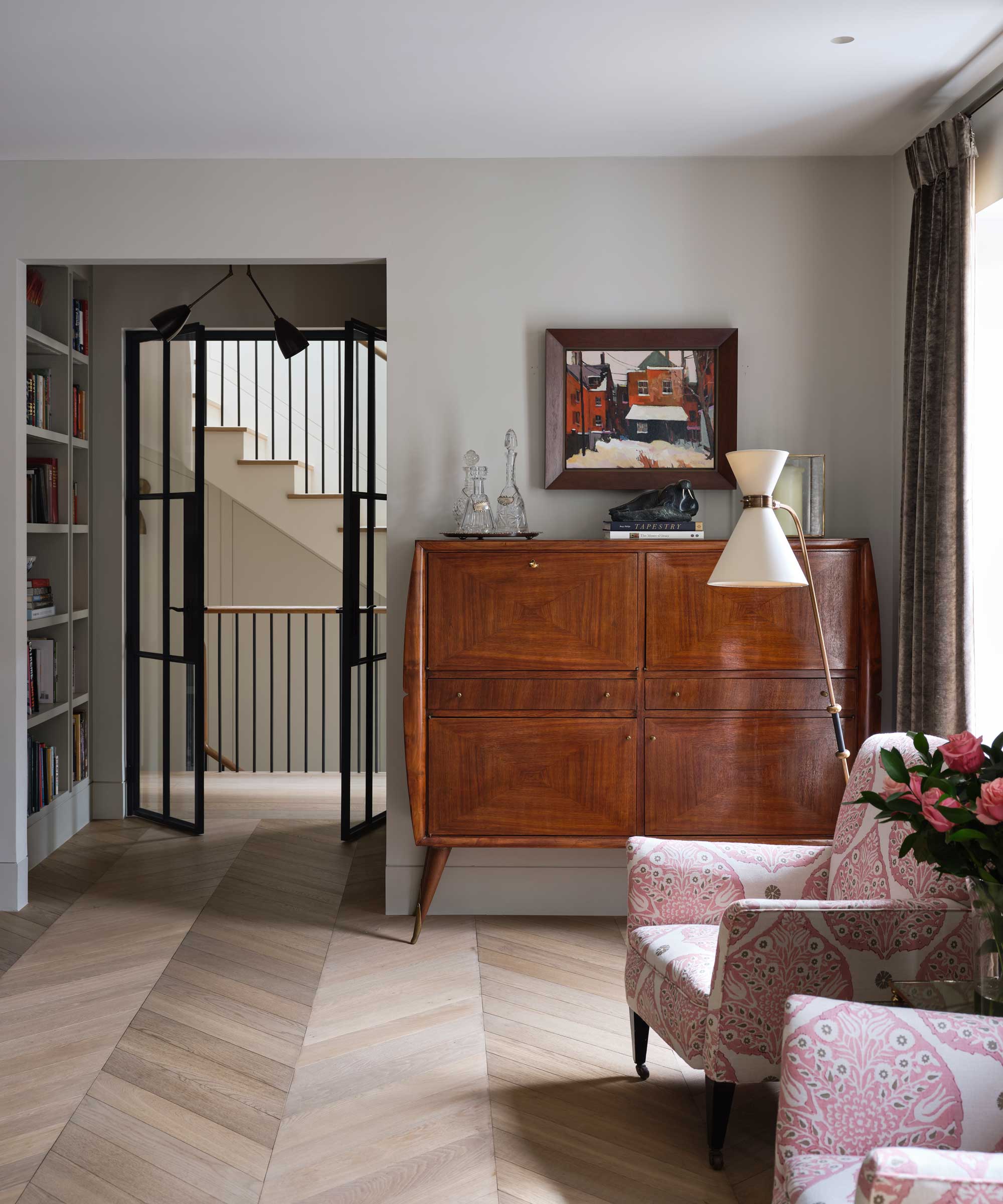
How is Feng Shui energy decided?
The fundamental Feng Shui energy is built into a home during the construction process. When the roof is installed, the house is regarded as being ‘born’. Each property falls into a 20-year Feng Shui cycle, so a traditional Feng Shui practitioner will ask when the property was built to ascertain which cycle it sits in. The most recent construction cycle, Cycle 8, began in 2004 and ends at the beginning of February 2024 when we move into an exciting new phase, Cycle 9.
However, if a property is extended, has a new roof, undergoes remodelling, renovation, or has a new kitchen or bathroom installed, this can shift the fundamental energy into the current cycle. This is why some owners find previously happy family homes can experience a reversal of fortunes after they are upgraded.
Of course, this works in reverse too, so if a home has been a challenging place to live, extending or remodeling can upgrade the experience for everyone who lives there. This is why we always recommend checking the Feng Shui before a building project commences, to be clear about any remedies that will be required to amplify balance and harmony during, and after, the work.
Next, we identify which direction the property faces by using a compass. This information is combined in an equation with the cycle number to identify which of the four Feng Shui ‘house types’ the property represents, and the internal and external remedies required to attract a positive outcome.
Design expertise in your inbox – from inspiring decorating ideas and beautiful celebrity homes to practical gardening advice and shopping round-ups.
Signs your home has good Feng Shui
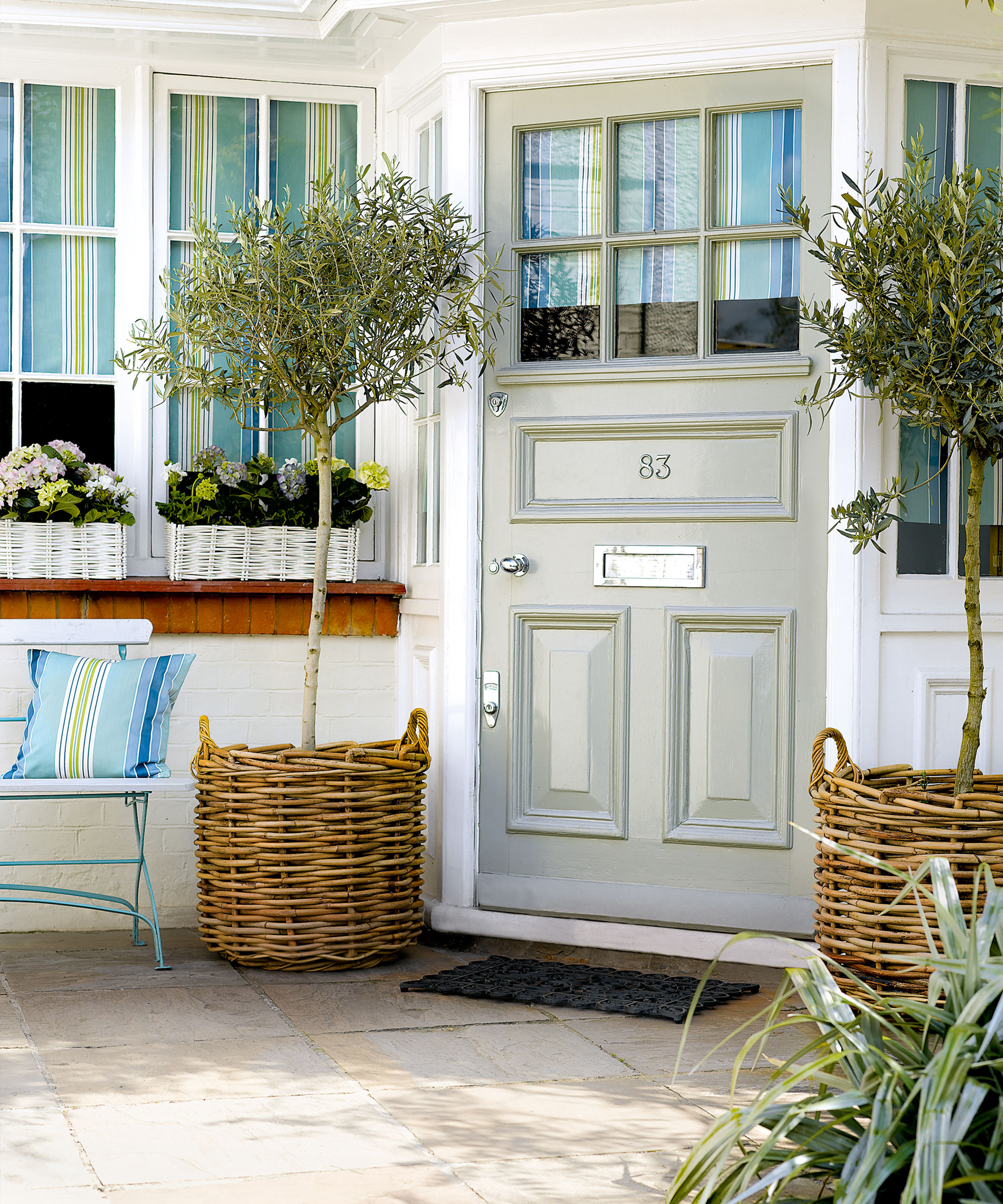
These are the ‘lucky’ homes. Sometimes one side of an entire street of houses built in the same cycle and facing in the identical direction will benefit from good fortune while owners of properties on the other side of the road look on with barely concealed envy.
Homes with good Feng Shui tend to be fairly happy, stable, and relaxed places to live. Relationships are rewarding, kids thrive and there is always enough money for holidays, treats, and emergencies. People get on with one another, do well in life and career, and often feel they have won the lottery of life.
I suppose you could say people who live in a home with good Feng Shui find positive experiences and fortuitous chances come to them with ease. They are regarded as and feel ‘lucky’.
These are well-maintained, uplifting places. Even if there are challenges, (every home has challenges sometimes) they are resolved effectively, and life gets back to normal. Health is generally better than average, and these are the homes where couples live happily for 50 years. The suggestion is that only 20% of properties fit into this ‘good for money and people’ category and if you are blessed to live in one, then adding the internal Feng Shui remedies will make life exponentially better.
Oprah Winfrey, George Clooney, and Georgina Rodrigues all have lucky homes and use Feng Shui to give them an additional energetic boost.
Signs your home has bad Feng Shui
First and foremost, I want to say that even if a home exhibits ‘bad Feng Shui’ tendencies, it isn’t the end of the world. For a start, all those times when you’ve blamed yourself or others for the things that have gone wrong… well it’s not you (or them) it’s the home. It can be improved, and if you resolve the pockets of negativity, you make space for positive change to occur.
The two most obvious signs for a home with what’s known as ‘Bad for People’ Feng Shui are relationship problems and poor health.
These are the properties that experience marital breakdown, separation, and divorce, or as I often call them, 'divorce houses'. They also characteristically see children struggling in one way or another, perhaps at school or in other forms of connection. The family dynamic can feel dysfunctional and fractured. This is more than teenage rebellion; this is a deep-rooted dissatisfaction with circumstances that impact everyone in the home to a greater or lesser degree.
Excellent employees will be overlooked or not receive the respect they deserve in the workplace, leading to stress and tension at home. With that comes poor communication, toxic relationships, and a risk of infidelity. Family members would rather be anywhere else than at home. Those living in ‘bad for people’ environments will often feel let down in life and by the people who matter. Left unresolved, these expectations become normal, and daily existence can radiate negativity.
On the health front, these homes can be more prone to anything from accidents and illness causing minor inconvenience, through chronic long-term conditions and devastating diagnoses.
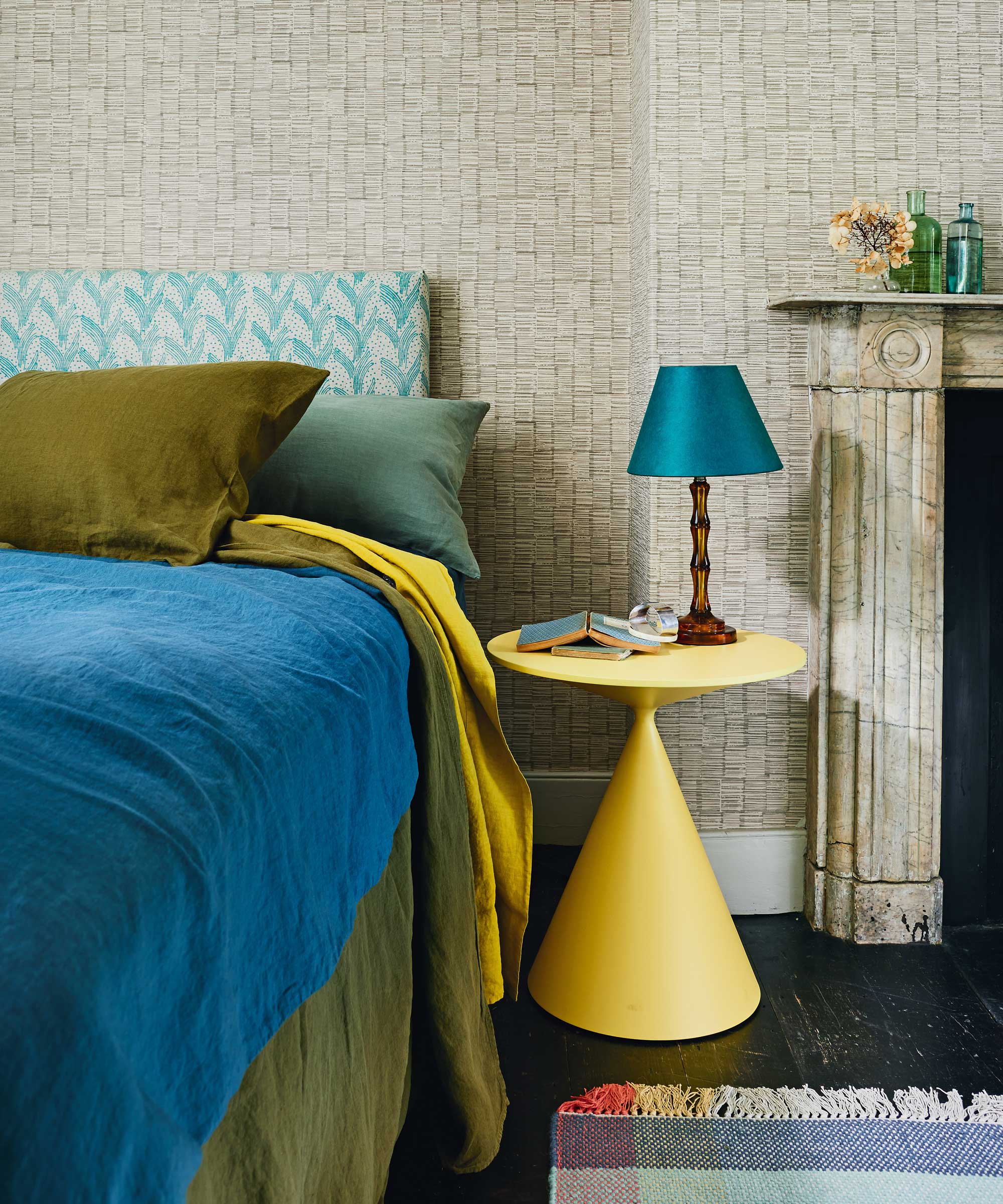
Just to reassure you, there is nothing to suggest you are guaranteed to have these problems, just that some homes appear pre-disposed to them developing, not just once, but on repeat.
A home with ‘Bad for Money’ energy does exactly what it says on the tin.
These are places where no matter how careful the occupants are to save and conserve their income, it is in constant demand for repairs, accidental damage, fees, and so on. If the owners receive a bonus, within days there will be an unexpected bill or crisis which swallows up the extra money, almost to the penny. Even planned expenditure ends up going over budget and this all adds to anxiety, irritation, fear, and frustration.
If you are unfortunate enough to live in a home that is both bad for people and money, the unremitting rollercoaster of family and personal stress blended with financial instability can be chaotic and cause many sleepless nights. I know exactly where you’re at, having accidentally moved into a bad for people and money home before I fully understood the ramifications of what was, at face value, a beautiful apartment.
The great news is, we were able to rebalance it completely with Feng Shui and life is a whole lot more enjoyable in every way.
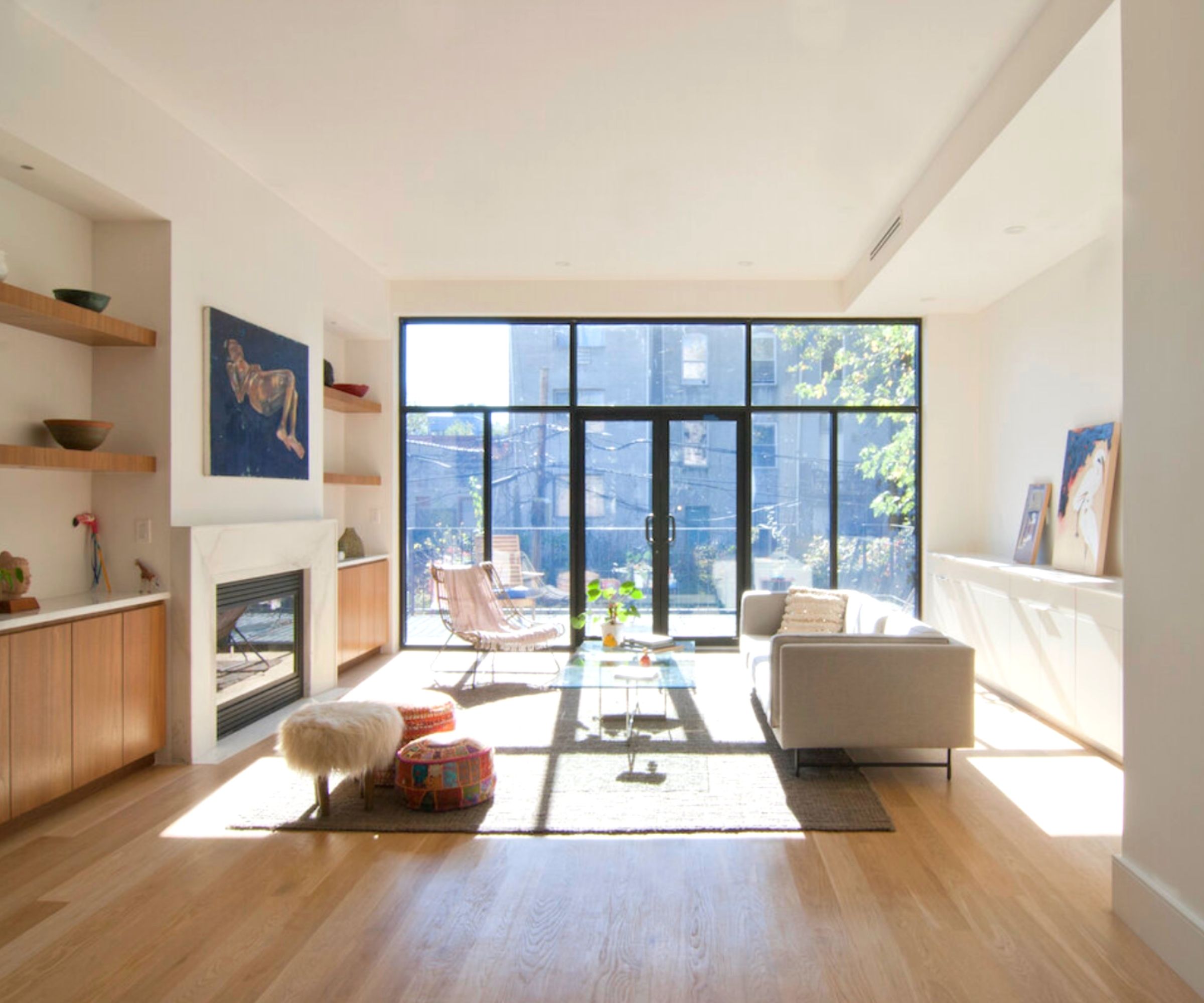
All that said, virtually every home will have occasional episodes where it goes into what’s known as a ‘lock’. Once again this relates to the people or money energy and for a period of one year or a 20-year cycle, it feels as though all the positive energy has drained away.
The best way to avoid a building going into a lock is to have moving water outside it. This is why you will find so many luxury homes, hotels, and corporate headquarters have a large water feature to the front or rear of the property. If you live right next to the sea, a stream, river or canal your home will never go into a lock, but if you are just one row back from the water, locks are likely to impact your luck.
In the event a home goes into a lock, it is easy to fix by installing a moving water remedy; the most practical being a rainwater barrel with an electrical pond pump to keep the water moving 24/7. However, it’s always best to have a full Feng Shui report prepared so you know exactly what is required to enhance the entire house and support your lifestyle to improve in every way.
FAQs
What are the house types?
The great news is that the energy in all of these house types can be improved with Feng Shui. I’ve seen health improve, finances boosted, and failing marriages resuscitated to the point where the couple is now more in love than ever before. Singletons fall in love, first with themselves and then with someone worthy of them, children thrive and promotions, unexpected wins, and opportunities are all part of the feedback from lives transformed with Feng Shui. If you’re curious, I’d say don’t knock it until you’ve tried it.
Having been involved with Feng Shui for over 35 years, I’ve come to understand that while the traditional method is much more complex, the detailed technical assessment of a home provides the most extraordinary results when Feng Shui is fully implemented.
When are homes ‘unlucky’?
Traditional Feng Shui defines three compromised house types that could be described as having ‘bad’ Feng Shui, and between them, they cover 80% of properties. Therefore, by the law of averages, most readers might happily welcome some more positive people or money energy coming their way.
House-hunting and want to find a Good Feng Shui property? The easiest way to identify the current energy of a home you are interested in buying, and how it might change if you are planning remodelling or updating it, is to get expert help and commission a pre-purchase Feng Shui report for a property you are particularly interested in. This will enable you to make an informed decision on whether the property is right for you.
Suzanne Roynon is the author of Welcome Home: how stuff makes or breaks your relationship, at Amazon.

Suzanne is an Interiors Therapist, Feng Shui consultant, and author of Welcome Home, how stuff makes or breaks your relationship. She specializes in understanding the energetic impact of homes and certain possessions may have on all aspects of life, health and relationships, and the ways in which ‘stuff’ can actively prevent people and families from thriving and enjoying the lifestyle they deserve.